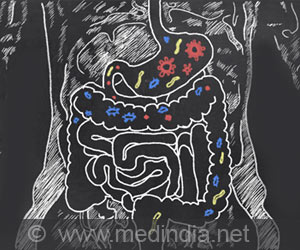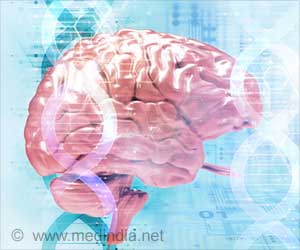
Artificial intelligence system for outcome evaluations of human in-vitro fertilization -derived embryos
Go to source).
‘AI is changing the game for #IVF! From predicting success rates to optimizing embryo selection, #AI is helping more couples achieve their dream of parenthood.’





Advertisement
AI System for Embryo Selection in IVF
“Currently, most models use static embryo images or time-lapse videos as inputs and focus on a specific prediction task that does not cover the entire IVF cycle. Our study addresses this gap in existing research by proposing a comprehensive AI system designed to address key challenges throughout the IVF cycle,” notes Dr. Zhang.The team developed an AI system using multitask learning for embryo morphological assessment at the pronuclear, cleavage, and blastocyst stages following the Istanbul consensus crite¬ria. Using 19,201 embryo photographs, they trained the AI system for assessing normal embryonic development including pronucleus type on day 1 and the number of blastomeres, asymmetry, and fragmentation of blastomeres on day 3. Additionally, they trained a neural network using both embryo images and clinical metadata to discern high-quality embryos suitable for implantation by day 3 or day 5, and to predict live-birth outcomes.
Advertisement
AI Over Traditional Embryo Selection Methods
The AI platform developed in this study includes four main modules: an embryo morphology grading module, blastocyst for¬mation assessment module, aneuploidy detection module, and live-birth prediction module. The incorpora¬tion of modules enables the selection of embryos based on subtle visual features beyond the clinicians’ observa¬tional power, unlike the previous AI-assisted morphologi¬cal grading and blastocyst prediction models that rely on morphological grading based on descriptive parameters. Dr. Zhang explains, “This departure from traditional descriptive parameters introduces a more objective and data-driven approach to embryo evaluation, thereby enhancing the precision and efficiency of predictions.”The researchers hypothesized that genome aneuploidy could influence cell morphology and migration patterns during embryonic development, making it detectable by an AI algorithm. They utilized time-lapse videos from embryos that were carried out pre-implantation genetic testing (PGT) to train a 3D convolutional neural network for predicting aneuploidy and subsequent live-birth outcomes. Traditionally, expensive IVF PGT-A tests identify embryo aneuploidies, a significant cause of implantation failure and miscarriage in IVF cycles. The AI system eliminates the need for invasive biopsies or genetic testing, thereby reducing the overall cost of IVF procedures.
Advertisement
Clinical Validation and Future Advancements
Validation of the clinical utility of the AI platform in a prospective cohort yielded superior success rates of live births in the AI-assisted implantations compared to the PGT-A-assisted group. Notably, the AI approach achieved higher accuracy in embryo aneuploidy screening than experienced embryologists. Dr. Zhang enthused, “Our primary aim was to maximize IVF success rates, with the overarching goals of expediting the time to conception and minimizing the risk of multiple pregnancies.”“Despite these prom¬ising findings, this study acknowledges certain limitations, such as the training and testing of the AI model being con-fined to the Chinese population,” acknowledged Dr. Zhang while elaborating on his vision. “Artificial intelligence (AI) holds significant promise for transforming healthcare and improving outcomes across various domains, including image-based diagnosis, voice recognition, and natural language processing,” he further adds.
Overall, this study fulfills the demand for an automated system capable of objectively evaluating parameters of embryonic health to predict the final live-birth outcomes. The incorporation of technological advancements in reproductive medicine will boost IVF success rates, easing the way for many frustrated couples dealing with infertility.
Reference:
- Artificial intelligence system for outcome evaluations of human in vitro fertilization-derived embryos - (https://journals.lww.com/cmj/fulltext/9900/artificial_intelligence_system_for_outcome.1145.aspx )









